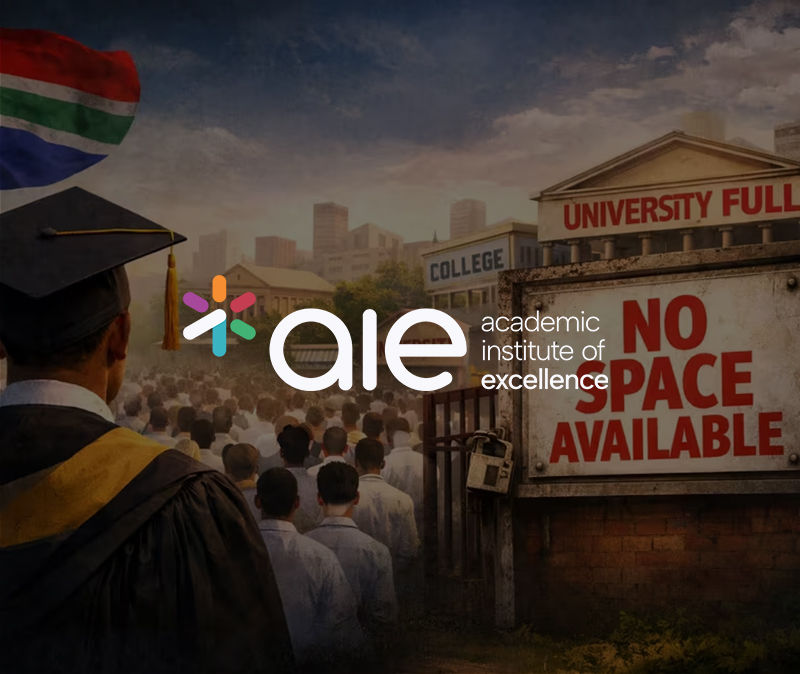Women empowerment at the forefront of Japanese Embassy mandate.
- PR Worx Admin
- Mar 10, 2020
- 2 min read
The Embassy of Japan in South Africa is excited to renew its commitment to bettering the lives of ordinary South Africans through its 2020 Grant Assistance for Grass-Roots Human Security Projects Programme (GGP). This year, the embassy has identified 17 non-profit organisations and local authorities in South Africa, Eswatini, and Lesotho to receive support from the programme.
The GGP Programme intends to contribute to the improvements of disadvantaged communities at the grass-roots level in various fields including health, education, skill training and social welfare. In the spirit of the 6th World Assembly for Women, WAW conference (The international female empowerment conference hosted by the government of Japan) to be held in Tokyo from 3rd to 4th April,, a large proportion of this year’s funding is geared towards the empowerment of women. In addition, as we countdown to the Tokyo Olympics in July and the Tokyo Paralympics in August, the Embassy will be funding several organisations that serve persons living with disabilities.
This year’s recipients include, amongst others; the Hoedspruit Training Trust/Hlokomela Project based in Limpopo and Mpumalanga, to which the Embassy will donate a mobile clinic to assist the women who work in the surrounding farms. The mobile clinic is fully equipped with an ultrasound unit made and donated by a Japanese company, Fujifilm.
In the East Rand of Gauteng, the Eluthandweni Maternity Clinic in Vosloorus will receive medical equipment and an ambulance to the value of over R 1 million. The equipment will assist the clinic to provide affordable, quality maternal care. While the ambulance will assist in their mission to reduce maternal and infant mortality by improving access to emergency maternal procedures.
The "Trauma Centre for Survivors of Violence and Torture" in the Western Cape will also receive a mobile mental healthcare clinic and two vehicles that will be used to give dignity and privacy to survivors of violence and torture.
In terms of the empowerment of persons with disabilities, the embassy will fund the construction of a skills centre for children with Profound Intellectual Dissabilities in Makhaloaneng Primary School, Maluti-A-Phofung, Free State. Additionally the embassy will provide renovations and a vehicle fitted with Wheelchair hydraulics for Londanani Care Centre in Makhado, Limpopo.
Other projects funded by this year’s GGP Programme include the construction of standard classrooms; the building of school science laboratories; drop-in centres; early childhood development centres; the provision of converted vehicles, the renovation and extension of skill development facilities, and provision of sustainable energy. We try to be diverse in our selection process, as we believe everyone deserves to have access to facilities that offer them dignity and improve their lives.
Since the inception of the GGP Programme in 1990 to date, the Japanese government has awarded over 650 projects a total of R500 million in South Africa alone.
We are proud of the sterling work the GGP Programme has delivered over the last 30-years, providing South Africans from all walks of life with a better standard of living and learning. We also applaud this year’s recipients and their commitment towards positively shaping the lives of South Africa’s communities and fulfilling the Japanese government’s concept of ‘Human Security’.




Comments